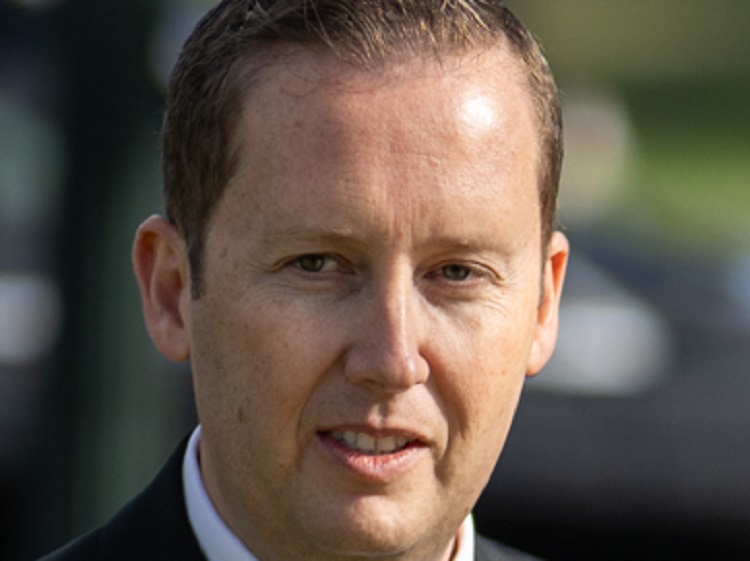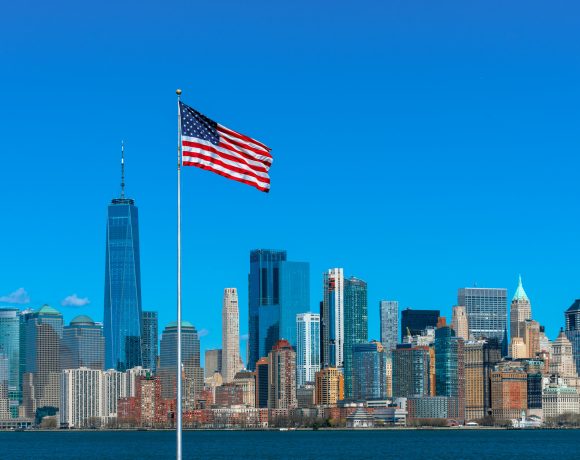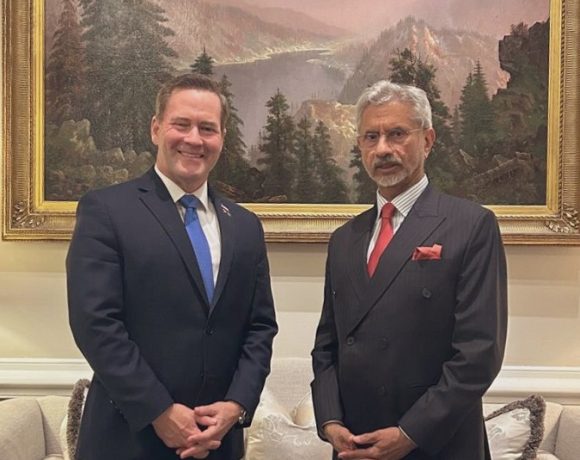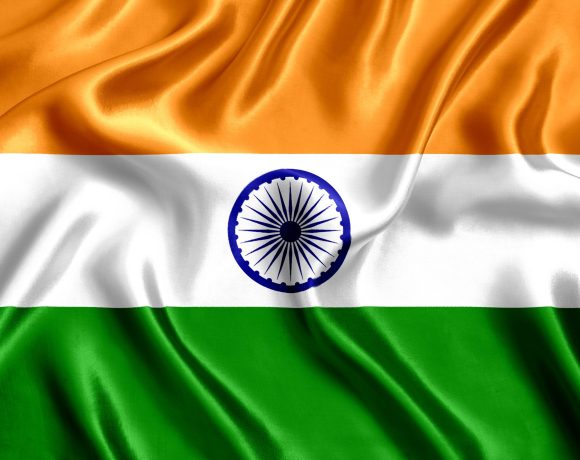
Trump’s Envoy Pick Sergio Gor Pledges Stronger U.S.–India Ties, Faces Senate Questions on Oil and China
Washington: Sergio Gor, a close aide of U.S. President Donald Trump and nominee for the post of U.S. Ambassador to India, appeared before the Senate yesterday and pledged to deepen strategic, economic, and technological ties with New Delhi. In a testimony that repeatedly underscored the personal rapport between Trump and Prime Minister Narendra Modi, Gor described India as a “cornerstone of regional stability” and vowed to make the U.S.–India partnership central to American policy in the 21st century.
Gor began his remarks by praising Modi’s leadership and stressing India’s role as a rising power whose growth trajectory will shape Asia and beyond. He promised to advance cooperation in defense, technology, and energy, and cited Trump’s “Mission 500” plan to double bilateral trade to $500 billion by 2030. If confirmed, Gor said, he would focus on expanding joint military exercises, facilitating defense co-production, and boosting American energy exports to India. He also pledged to strengthen supply chains in pharmaceuticals and critical minerals, arguing that this would reduce Chinese leverage in global markets.
The sharpest questions from senators centered on India’s continued purchase of discounted Russian oil. While China has faced tough U.S. tariffs for its imports from Moscow, India has largely avoided similar treatment. Gor defended the administration’s approach, revealing that Indian commerce and trade ministers are scheduled to visit Washington next week for talks aimed at bridging the gap on tariffs. “We hold our friends to a different standard, but we expect more from India,” Gor told the committee, adding that he expected the matter to be resolved in the coming weeks. He pointed out that while Trump had imposed a 25 percent tariff, Congress was considering legislation that would go much further, signaling broad political alignment on the issue.
Senator Bill Hagerty, a longtime supporter of closer U.S.–India ties, highlighted the personal chemistry between Trump and Modi, calling it a relationship of “mutual trust.” He urged Gor to use that connection to steer India away from dependence on Russian crude, which he argued was indirectly funding the war in Ukraine. Hagerty noted that discounted Russian oil refined in India was being resold to Europe, undercutting American energy exports. Gor responded that ending India’s reliance on Russian energy was a “top priority” and that Trump’s friendship with Modi provided a rare opportunity to reach a deal.
The hearing also touched on China after Hagerty referenced Modi’s recent appearance in Beijing alongside Xi Jinping. American lawmakers expressed concern over India’s engagement with China, but Hagerty stressed that the two Asian powers share a history of mistrust, recalling the 2020 border clashes. Gor agreed, saying India has “far more in common with us than with China” and argued that personal diplomacy could further cement ties.
Pakistan also figured briefly in the discussion, with Hagerty pointing to recent tensions with India and recalling that the Trump administration stepped in earlier this year to prevent escalation. Gor avoided specifics but said Trump remained committed to bringing peace globally, including in South Asia.
For India, the hearing underscored Washington’s growing expectation that New Delhi will align more closely with U.S. strategic priorities—particularly in countering Russia and China—while also benefiting from expanded trade, defense, and technology cooperation. The repeated emphasis on Trump and Modi’s personal friendship signals that the White House sees the bilateral relationship as anchored not only in shared interests but also in leadership chemistry.
If confirmed, Gor will take charge at a time when India’s balancing act between Russia, the West, and China remains under scrutiny in Washington. His testimony suggests that while the U.S. values India as a partner, it will press harder on issues like Russian oil imports, even as it seeks to build broader economic and defense cooperation.


















